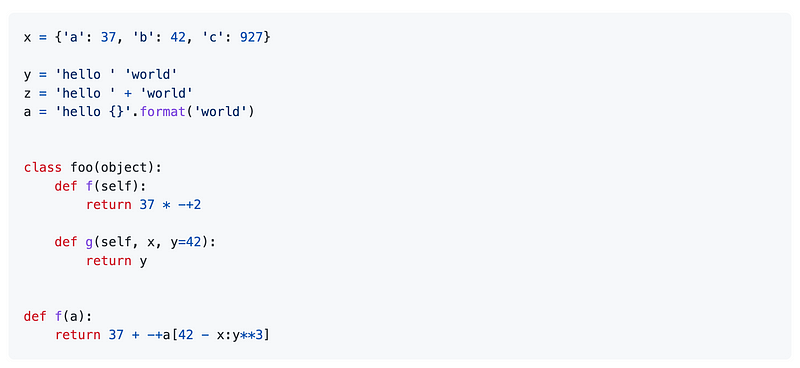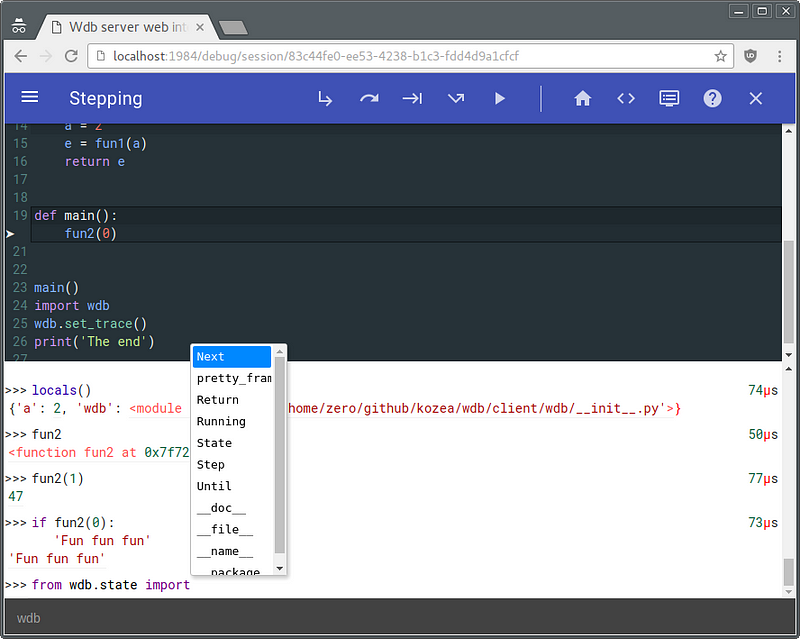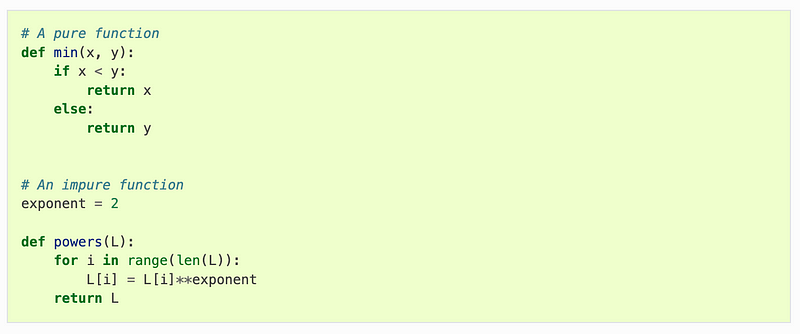Essential Python Libraries for Your Next Project: A Comprehensive Guide
Written on
Chapter 1: Introduction to Python Libraries
Why reinvent the wheel when you can leverage existing libraries? For developers, libraries act as invaluable allies, saving both time and effort. A well-crafted project often incorporates some of the best libraries available. This article is part of a series exploring outstanding Python libraries, featuring a curated selection of seven libraries that will elevate your development journey.
Section 1.1: yapf - The Code Formatter
YAPF, developed by Google, is an essential tool for any developer. As a code formatter, it transforms your code into a more readable format that adheres to style guidelines, even if your original code didn't violate these standards. With over 12,500 stars on GitHub, it’s a must-have in your toolkit.

Section 1.2: wdb - The Web Debugger
Debugging can consume a significant portion of a developer's time. WDB is a comprehensive web debugger that utilizes a client-server architecture, simplifying the process of managing debugging sessions and browser connections via WebSockets. It works seamlessly with multithreaded and multiprocess applications, earning over 1,500 stars on GitHub.

Section 1.3: wtforms - Flexible Form Handling
WTForms provides a flexible solution for form validation and rendering in Python web development. Compatible with any web framework or template engine, it supports various features, including data validation and CSRF protection, boasting over 1,000 stars on GitHub.

Section 1.4: toolz - Functional Programming Tools
Toolz is a functional programming library that offers a range of utility functions for iterators, functions, and dictionaries. It enhances the standard libraries, such as itertools and functools, and has garnered over 4,000 stars on GitHub.

Section 1.5: geopy - Geocoding Made Easy
For developers working with geospatial data, Geopy is an invaluable resource. This library serves as a client for multiple geocoding web services, enabling Python developers to easily retrieve coordinates for addresses and locations worldwide. It has received more than 3,500 stars on GitHub.

Section 1.6: pyfilesystem2 - Filesystem Abstraction
Pyfilesystem2 offers a robust abstraction layer for file systems in Python. It allows developers to manage entire file systems with ease, similar to how Python's file objects handle individual files. This library has earned over 1,700 stars on GitHub.

Section 1.7: html5lib-python - HTML Parsing Simplified
When it comes to parsing HTML, html5lib-python is an essential library. Designed to comply with the WHATWG HTML specification, it ensures compatibility with all major web browsers.

Chapter 2: Expanding Your Python Knowledge
To further enrich your Python development experience, consider exploring additional resources that highlight even more fantastic libraries.
The first video, "15 Python Libraries You Should Know About," offers insights into essential libraries that can enhance your projects.
The second video, "7 Python Libraries for Automation Projects," focuses on libraries tailored for automation tasks, providing you with tools to streamline your workflow.
In conclusion, the libraries mentioned in this article can significantly boost your development process. If you have any favorite Python libraries not included here, feel free to share them in the comments. Until next time, happy coding!
For more content, connect with me on Twitter or follow our community for further updates.